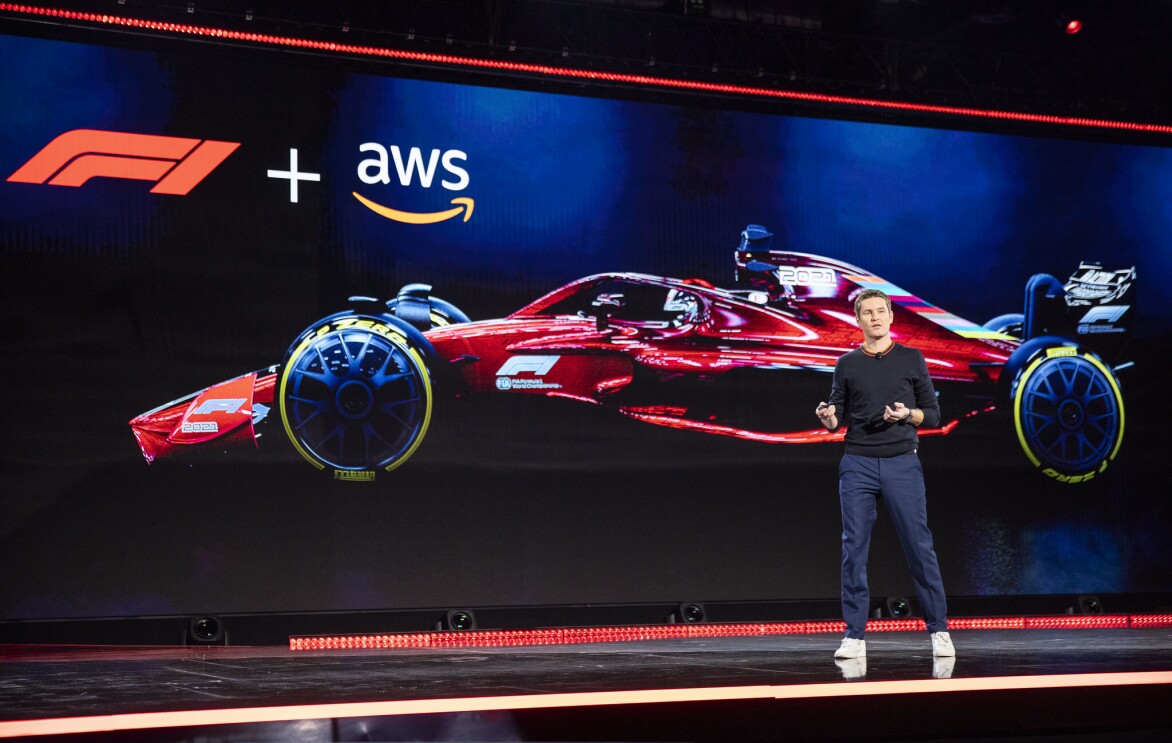Over the last decade, mobile-first dating and networking apps have changed the way we connect in fresh and exciting ways, while also breaking down the stigma previously associated with meeting people online.
During her career working with apps like Badoo and Bumble, which empower users to connect romantically, Michelle Kennedy has been an integral part of that journey.
In 2016 Michelle realised that herself and millions of other women had become excluded from those opportunities to connect and needed a solution to find friendship and support while they were busy raising children and tackling all of the challenges of seismic life changes.
Realising the potential positive impact that technology could have on women’s lives through different applications, Michelle saw an opportunity to create a new networking platform to connect women who are at a similar stage in life – from fertility, pregnancy and motherhood, through to menopause. And so the idea for Peanut was born: a platform which would harness dating apps’ engaging and ‘gamified’ processes to connect and support women in a safe and secure environment.
We spoke to Michelle to learn more about Peanut’s story, and how building her business with AWS cloud technology is helping to shape the way women and mothers connect for the better.
From dating to womanhood
Although Michelle started out as a lawyer in mergers and acquisitions, her career path shifted when she met Andrey Andreev, founder of MagicLab – the parent company of dating and social networking apps including Badoo.
The online dating scene was transforming rapidly, shifting away from clunky subscription models towards the mobile-first, engaging and sometimes surprising world of swiping right or left. She jumped at the chance to join Andrey’s team at Badoo.
“This product didn’t look like a dating app, but 52 million people were using it. Fun, playful, and gamified, it was growing like crazy. It was a completely new world to me,” Michelle explains. “Moving to Badoo was an amazing career transition, and I had a license to ask questions, learn, and cultivate the business.”
By 2013, Michelle was pregnant with her first child, and these new dating apps were becoming a regular topic of conversation as their functionality, user experience and innovations developed at rapid speed.
“When Tinder launched, it really changed the narrative around dating. A lot of their product offering was comparable to what we had done at Badoo in gamifying the dating process, but in a mobile-first way.”
“By 2016, my little boy had turned two and a half, and I was still doing my day job at Bumble and Badoo. But the world I was working in wasn’t a world I was occupying – I wasn’t dating, my friends weren’t dating, we were all settling down!”
Michelle looked at the fragmented offering for mothers to connect and network – Facebook groups, newsletters, online forums – and saw a gap in the market.
“I asked myself: how can we take everything we know about dating and use that as a stepping stone to build something much bigger for women?”
 Peanut’s Michelle Kennedy with her children
Peanut’s Michelle Kennedy with her childrenMichelle began developing an app where mothers and expectant mothers could swipe to connect with other women and engage with larger groups through an online community.
“From my own experiences, I know how vital it is to support women at each stage of life – from childbirth or IVF through to menopause and beyond, or women dealing with a critical illness, or young women going through puberty. I wanted to create a platform that facilitated safe spaces and empowering conversations – in which women could always find other women at the same point in life as themselves.”
“Peanut is a story of two parts,” she adds. “Firstly, when you need to find friends and support, when you need to feel less isolated, or when you’re processing life changes, Peanut will help you find connections.”
“Secondly, having personal conversations in a safe space is hugely important. The conversations happening on our platform today are not happening elsewhere because our users trust the space we provide, and that’s rooted in the technology we use to develop our product offering.”
A community of over 3 million women and counting
Peanut now has more than three million users, and this number is growing every day. “As we scale, we need to ensure we can easily replicate the architecture across markets – AWS allows for that,” Michelle adds.
“At present, we’ve launched in the US, UK, Canada and Australia, but Peanut is designed to be a global product. Women make up fifty per cent of the world’s population. They make key decisions on household spending worth trillions of pounds: they shouldn’t have to use open, public forums or deal with intrusive ads.”
“Peanut is free to use and free to join. Our business model is not ad-based. We don’t want our users addicted to it, and we don’t want to sell on their data – this is not a product you need to run away from or a product that perpetuates issues. It’s somewhere for solace and comfort.”
“Some social networks that exist today tend to be built on status, focusing on the ‘I’ rather than the collective. We wanted Peanut to be about collaboration, care, and play.”
Scaling quickly and easily with AWS
Michelle and her team envisioned a social network that challenges norms and expectations – so they needed a cloud technology provider which could help to meet and exceed those expectations.
“We chose AWS because of its excellent track record of reliability for core services, as well as network security. It also allows us to scale quickly and easily without requiring new architecture or server work,” explains Julien Letessier, Peanut’s Chief Technology Officer.
Peanut receives a huge volume of user-generated content, with women sharing pictures and videos every day – a vast amount of data to keep secure. AWS hosts almost all of Peanut’s technology infrastructure, including Application Programming Interface (API) servers and user data.
Julien adds: “Our technical team use AWS to deploy new, user-centric features, with backend engineers shipping new code to Amazon Elastic Compute Cloud (Amazon EC2), which provides secure, cloud-based compute capacity.”
Meanwhile, Peanut’s data scientists ship new machine learning models to AWS Fargate, which works with Amazon Elastic Container Service (ECS) to deliver a serverless compute engine for containers – ideal for ongoing app development and improvement.
A new kind of social network
Michelle’s personal and professional journey, and her role as a mother of two, have shaped Peanut’s success to date: “We get to make the rules for the Peanut community, and our rules are different. We’re dealing with women at their most vulnerable – we do not allow misinformation or hate of any kind, for example.”
“We describe our platform as anti-hate by design – any new feature is constantly tested, with us thinking, ‘how might this be discriminatory, how is it accessible?’ We apply this ethos right from the start of the process.”
“Peanut arrived amidst a larger societal shift, and men have to be part of that journey too. That’s why our team is an even male-female split. We need to constantly tackle our biases and think outside the box, so how we build our team is a vital part of that.”
She adds that entering the tech world helped her to feel empowered, “to solve problems and to be the change you want to see in the world.” “Whatever I do, my children copy. I know parents around the world can relate to that. That’s why we want to build a legacy that we can be proud of, and they can be proud of too.”
Learn more about the women founders using AWS to develop their solutions.







